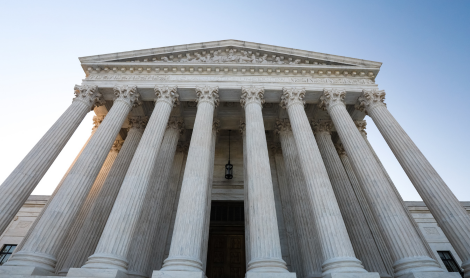The National Association of Charter School Authorizers (NACSA) endorses the efforts of Chairman John Kline (R-MN) and Senior Democrat Bobby Scott (D-VA) to reauthorize NCLB (No Child Left Behind) and strongly supports provisions of the Public Charter School Reauthorization (Title III) in H.R. 5, also known as the Public Charter School Program, that are aimed at increasing resources, standards, and accountability for quality charter school authorizing.
Congress is moving to reauthorize the Education and Secondary Education Act (ESEA), also known as NCLB. House Education and the Workforce Committee Chairman John Kline (R-MN) and Senate Health, Education, Labor and Pensions (HELP) Committee Chairman Lamar Alexander (R-TN) have made ESEA reauthorization their first priority in the 114th Congress.
Greg Richmond, President and CEO of NACSA, said, “This proposal is nearly identical to the Success and Opportunity through Quality Charter Schools Act (HR 10) from 2014, which passed the House of Representatives with overwhelming bipartisan support in the last Congress, 360-45.”
NACSA works to ensure that authorizers—the entities designated by state law to approve, deny and monitor charter school applications in their states—keep high standards to ensure quality school choices for all kids. Chairman Kline’s proposal to modernize the Public Charter School Program includes key provisions that are well aligned with NACSA’s mission:
- States receiving Public Charter School Program grants may spend at least 7 percent of these funds to improve the quality of charter school authorizing and their application will be judged by the quality of their plan to do so;
- State recipients must support authorizers in their charter school accountability efforts, including the provision of student performance data; and
- States must demonstrate that they have certain controls in place to ensure that charter schools can be held accountable for academic, financial, and operational performance.
“We have a responsibility to open and expand the best possible schools for all kids,” Richmond emphasized. “And this program gives authorizers the tools to do so.”
View Press Release PDF

